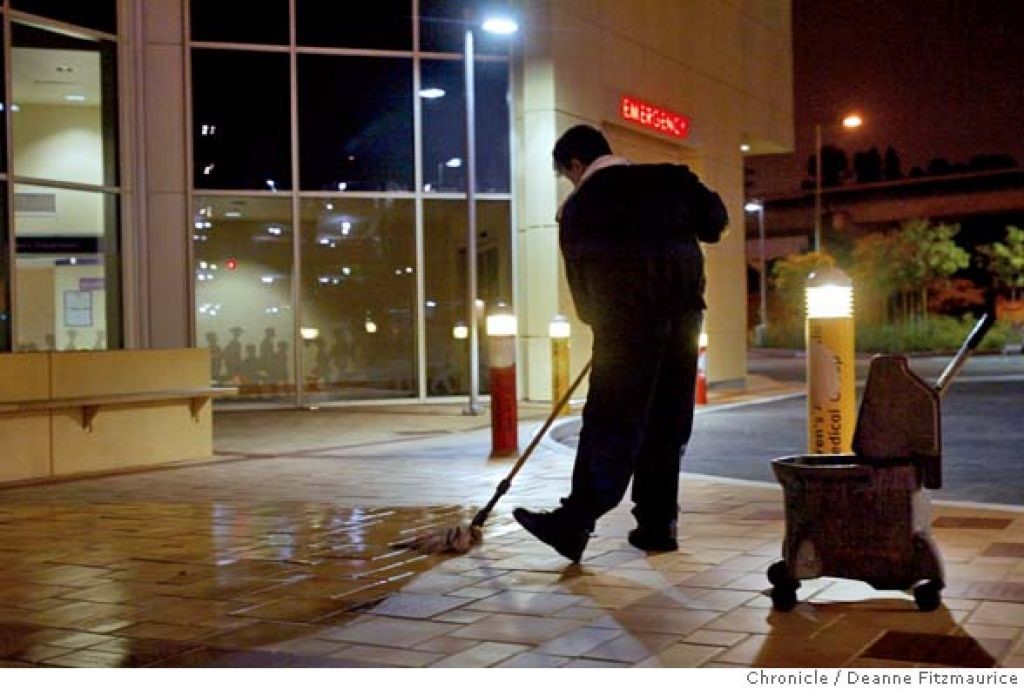
To listen to this reflection as a podcast, click here.
Throughout the month of August, we’re looking at Ecclesiastes, that strange and seemingly “modern” Old Testament book that depicts what happens when humanity searches for ultimate meaning apart from God.
According to the Gallup Organization, comparatively few people experience satisfaction in their work.
Based on their surveys of hundreds of thousands of people, Gallup reports that only 13% regularly feel engaged by their jobs. The majority of workers (63%) feel “unengaged” – that is, essentially neutral. That leaves a scary 24% feeling generally disengaged.
What accounts for this dismal state of affairs?
In his book Why We Work, Barry Schwartz states the most common explanation. It’s assumed that only certain kinds of jobs – the creative and interesting ones – allow people to learn and grow. “For everyone else, work will be just about the paycheck.” Jobs that require few skills or little training are assumed to suck all the joy out of life. Yet society requires millions of such jobs.
Unsatisfying work is therefore the price we pay for sustaining the Industrial Revolution.
Schwartz admits this explanation is plausible. But he is convinced it is wrong. He cites the work of Amy Wrzesniewski and her colleagues at the Yale School of Management. They interviewed numerous workers who do comparatively unglamorous jobs, like cleaning hospitals.
Wrzesniekwski sat down with a hospital custodian named Luke. “Please tell me about your job.”
What Luke shared was fascinating. He recounted the time he cleaned a comatose patient’s room twice. Why in the world would he do such a thing?
The father of that particular patient had been keeping vigil over his comatose son. He had stepped out for a few minutes and thus hadn’t witnessed Luke’s first round of cleaning.
“I kind of knew the situation about his son,” Luke remembered. “His son had been there a long time. His father would stay here all day, every day.” When the father assumed the room hadn’t been cleaned, he confronted Luke in the hall and “just freaked out, telling me I didn’t do it.”
“At first I got on the defensive, and I was going to argue with him. But something caught me. I said, ‘I’m sorry, I’ll go clean the room.’”
He did it gladly. “I cleaned it so he could see me clean it. But I wasn’t angry about it. I guess I could understand.”
Here we need to pause and note that Luke’s job description includes an almost endless series of repetitive tasks: operating carpet shampooers, picking up trash, wet-mopping floors and stairways, collecting and disposing of soiled linens, cleaning toilets, stocking supplies, replacing lightbulbs, dusting window blinds, and on and on.
There is not a word about taking responsibility for caring for patients and their families – not so much as a sentence about interacting with other human beings.
But when Luke was asked to talk about his work, he described “a different job than his official description would suggest.”
Luke had internalized the mission of his hospital. In spite of his official job description, not because of it, he had come to understand that his true calling was taking care of patients, cheering them up, encouraging them, diverting them from pain and fear, and giving them a willing ear when they needed to talk.
Not one of those tasks appeared on Luke’s daily checklist. But his greatest joy came from trying to serve real people, even when they were at their worst.
The author of Ecclesiastes knows all about the drudgery of work. The fourth chapter begins with this demoralizing observation: “Again I looked and saw all the oppression that was taking place under the sun. I saw the tears of the oppressed – and they have no comforter. Power was on the side of their oppressors – and they have no comforter” (Ecclesiastes 4:1). Jobs that we might classify as being in the “service sector” in the 21st century were more likely to be forced labor in the ancient Near East. And there were no HR departments to see that people were treated well.
Even for those who enjoyed some freedom with regard to work, the dark side of competitiveness might intrude: “And I saw that all toil and all achievement spring from one person’s envy of another” (4:4).
Solomon concludes that we all need to make the best of it: “This is what I have observed to be good: that it is appropriate for a person to eat, to drink, and to find satisfaction in their toilsome labor under the sun during the few days of life God has given them – for this is their lot” (5:18).
How do we best “find satisfaction” in the toilsome labor of being hospital custodians, lawyers, corn de-tasslers, accountants, school bus drivers, chefs, nurses, sales reps, toll booth collectors, homemakers, social workers, and preschool teachers?
Barry Schwartz thinks he knows the answer. There’s a monumental difference between a calling and a career – between working for a purpose and working for a check. If we see our work every day as a calling – as part of a greater story than just completing a series of tasks – we are highly likely to be personally engaged.
As Paul urges his readers, “Whatever you do, work at it with all your heart, as working for the Lord…” (Colossians 3:23).
If we’re energized by an innate sense of mission, even the most routine jobs can become a gift that we give every day to God and to others.
And here’s the best part: The person most likely to be transformed by such a perspective is you.
